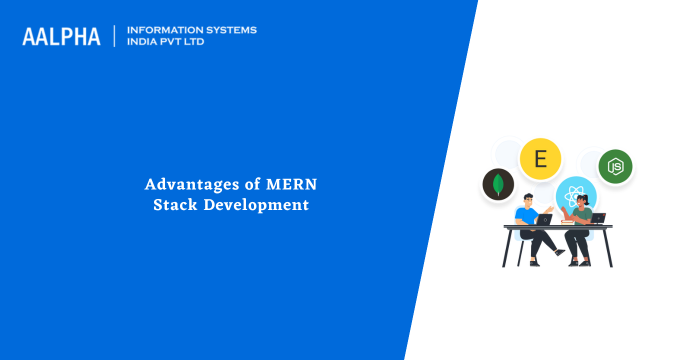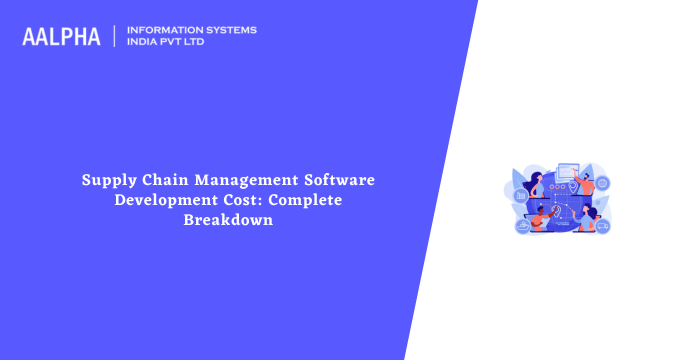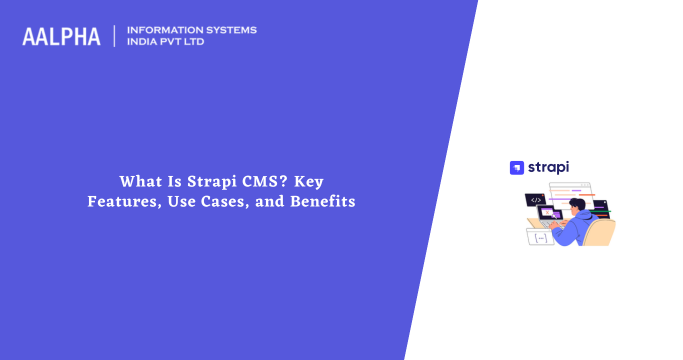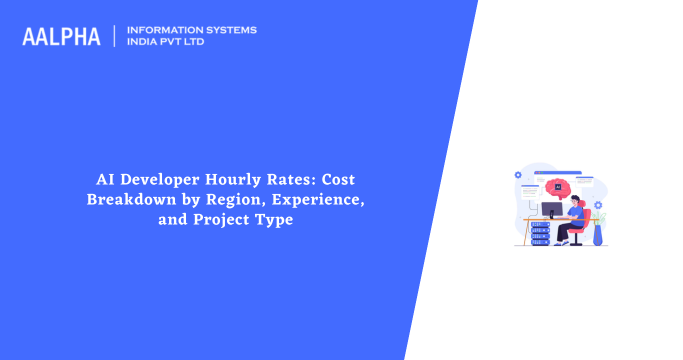To develop applications, you’ll require a collection of disparate technologies. The market for online and mobile applications is growing at a breakneck pace. There is perpetual debate about which stack is the best for developing bespoke applications.
Now, software applications must be supported by a solid infrastructure to be viable in a turbulent environment. Additionally, software or web developers are accountable for selecting the optimal stack for scalability, performance, and adaptability. You must understand what a stack is and how it may open a world of possibilities for your project when deployed.
To make the best choice, web or software developers must understand the characteristics of stacks, their cost-effectiveness, and other associated advantages.
What Is a Stack?
We refer to a technological stack as a collection of interoperable technologies and programming languages.
Generally, development stacks are classified into two categories: technology stacks and application stacks. The former is a generic phrase used to describe the process of software development.
Agile development is gaining widespread appeal, and businesses must have the most robust technical infrastructure to maximize their potential and ROI.
Development of the MERN Stack
MERN is a popular JavaScript stack that is utilized throughout the development process. MERN Stack is a collection of cutting-edge technologies for developing high-end web apps. These apps are built utilizing a variety of frameworks, databases, and libraries.
It is built on several open-source components, including MongoDB, React, Node.js, and Express.js. These components assist developers by providing end-to-end framework support.
MERN Stack is rapidly gaining popularity, and it is a powerful technology to use. MERN Stack is comprised of the following technologies:
Consider the components that MERN Stack Development utilizes, namely MongoDB, Express, ReactJS, and NodeJS.
Advantages of MERN Stack
-
MongoDB
MongoDB is a world-class database management system. It saves data in a document format, retrieves, displays, and manages it using JSON or JavaScript-based object notation. Additionally, the database can handle arrays and nested items. Now, the question is why we need to utilize MongoDB when we already have databases such as MySQL, PostgreSQL, and so on; let’s find out.
The answer is that most databases fail when the data is not represented as a table, such as entity objects, fields, or picture data. This is where MongoDB enters the picture. MongoDB can store data in any format. The issue with relational databases is that they store comparable data in tables. Additionally, the tables are accessed and linked using primary keys for fields and entity keys. This slows down data access and may result in a loss of performance for high-speed data access. As a result, MongoDB is utilized.
Features and advantages:
- Data is stored in a document-oriented format.
- Utilizes a single master at facilitating duplication
- Support for sharding is built in.
- This implies that data will be distributed across many replicated clusters.
- MongoDB’s driver support is comprehensive in scope; it has drivers for every language in use.
- Utilizes and offers horizontal scalability to handle the increasing load generated by contemporary applications.
-
Express
This is a server-side framework for building online and mobile apps. This is very beneficial for developing single-page, multi-page, hybrid mobile, and online applications.
Benefits:
- It makes Node.js web development very fast, simple, and effective.
- Simple to setup and modify.
- It enables you to create various alternative routes for your web application depending on HTTP methods and URLs.
- Provides two templating engines, Jade and EJS, for enabling and managing data entry into the website’s structure.
- Includes various middleware modules and components that developers may use to execute extra activities in response to a request and its associated answer.
- Developers may create their middleware for handling errors.
-
ReactJS
This is the most widely used JavaScript front-end library. It is well-known for delivering quick and user-friendly online and mobile application interfaces. There are several advantages of using ReactJS, it offers and utilizes an open-source library with a component-based architecture. This offers a VIEW layer in an MVC or model view controller architecture.
Benefits:
- It is simple to learn and use, making the ideas extremely plain and understandable for beginners.
- Components are the fundamental building element of any technological stack, and they may be developed once and utilized in many applications.
- It allows the rapid development of web applications with excellent performance features.
- It can be used for both online and mobile application development.
- Developers can choose from a variety of library tools to aid in the functionality of their apps.
-
NodeJS
NodeJS is a framework for server-side programming and development. It offers excellent scalability and a high-performance nature. Whatever your application requires, NodeJS can meet those requirements.
Benefits:
- Nature is very scalable.
- ensures a high level of performance for online and mobile applications
- offers a platform for online and mobile application hosting
- is open source
- has a perpetually helpful community.
- Contains ample documentation.
Conclusion
Modern technology stacks have simplified the development process. With so many technologies available, it may be challenging to decide on one and invest your money.
It would help if you now had a better grasp of the MERN stack after reading this blog. The MERN stack is ideal for developing mobile applications.
FAQs: Advantages of the MERN Stack
-
What is the MERN stack and why is it popular?
The MERN stack is a JavaScript-based web development framework consisting of MongoDB, Express.js, React.js, and Node.js. It’s popular because it enables full-stack development using a single language—JavaScript—across both front-end and back-end, which reduces context switching and speeds up development cycles.
-
Why is using a single language (JavaScript) an advantage in MERN?
Using JavaScript throughout the stack streamlines the development process. Developers can work on both client and server-side code without needing to learn separate languages, making team collaboration easier, code reuse more efficient, and maintenance less complex.
-
Is MERN stack good for building scalable applications?
Yes. MERN is highly scalable thanks to Node.js’s event-driven architecture and MongoDB’s flexible, document-based data model. It can handle high volumes of concurrent connections and supports microservices or serverless deployments when needed.
-
How does React.js benefit the MERN stack?
React offers component-based architecture, virtual DOM performance, and strong community support. This makes it ideal for building fast, interactive UIs that can be reused across pages and projects. It’s especially useful for SPAs (Single Page Applications).
-
What makes MERN stack development faster?
The synergy between the technologies—JavaScript everywhere, JSON for both data transfer and storage, and modular components—means fewer integration issues, faster prototyping, and reduced development time. Many open-source packages and tools are also readily available.
-
Is the MERN stack cost-effective for startups?
Yes. MERN is open-source and has a large pool of available developers, which lowers recruitment and licensing costs. Also, since a single developer can often handle both front-end and back-end tasks, startups can operate with leaner teams without sacrificing speed or performance.
-
How does MongoDB enhance flexibility in the MERN stack?
MongoDB stores data in JSON-like BSON format, which aligns naturally with JavaScript. Its schema-less nature allows for faster iteration and adaptation as project requirements evolve, making it ideal for agile environments.
-
Can MERN be used for enterprise-level applications?
Absolutely. While it’s favored by startups for speed and simplicity, MERN can be scaled for enterprise use with enhancements like containerization (Docker, Kubernetes), load balancing, and integration with enterprise tools and CI/CD pipelines.
-
What are the deployment advantages of MERN stack apps?
MERN applications are easily deployed on platforms like Heroku, Vercel, AWS, or DigitalOcean. The use of Node.js allows for lightweight, high-performance server-side applications that can be horizontally scaled with minimal configuration.
-
How large is the developer ecosystem for MERN stack?
The ecosystem is vast. All four components—MongoDB, Express.js, React, and Node.js—are backed by strong communities, extensive documentation, and thousands of open-source libraries and integrations, ensuring long-term viability and support.
Looking for MERN Stack Development company? fill our contact form and get a free quotation today!
Also read: Difference between MERN and MEAN stack





Share This Article:
Written by:
Muzammil K
Muzammil K is the Marketing Manager at Aalpha Information Systems, where he leads marketing efforts to drive business growth. With a passion for marketing strategy and a commitment to results, he's dedicated to helping the company succeed in the ever-changing digital landscape.
Muzammil K is the Marketing Manager at Aalpha Information Systems, where he leads marketing efforts to drive business growth. With a passion for marketing strategy and a commitment to results, he's dedicated to helping the company succeed in the ever-changing digital landscape.